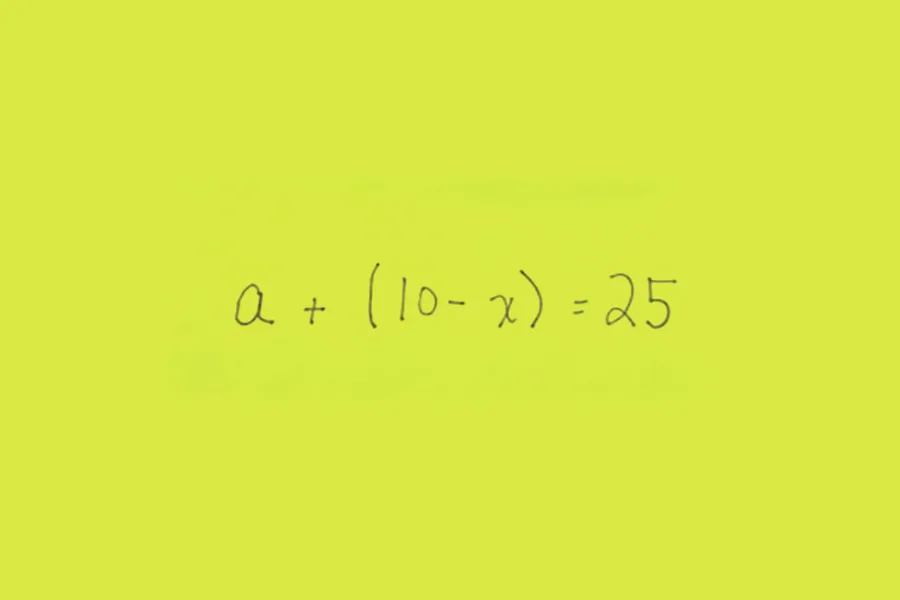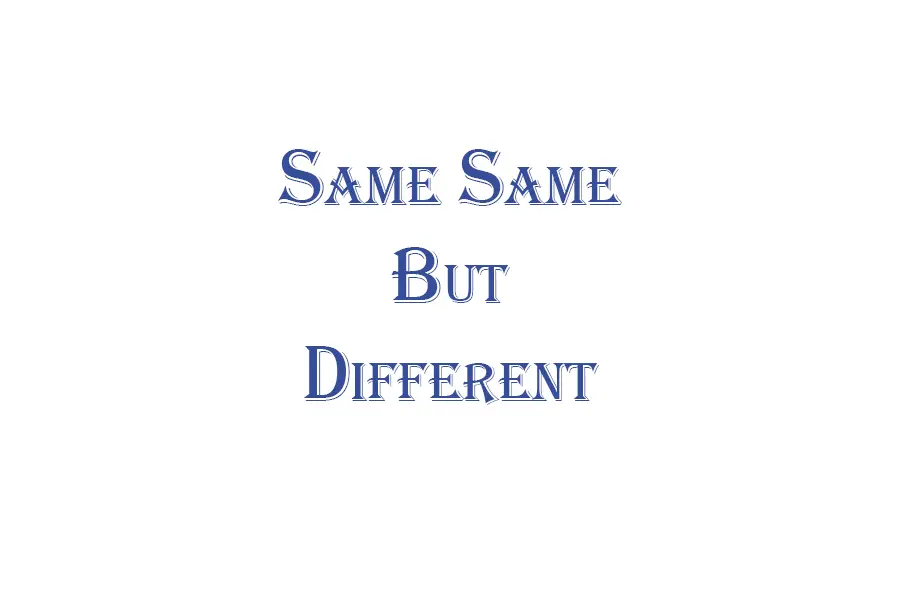One side wished the deal they had agreed upon by phone was the final and enforceable agreement; however, the Missouri Appellate Court saw things differently and refused to enforce this deal without a signed agreement. In this complicated class action lawsuit out of Jackson County, Missouri, plaintiffs and defendants engaged in a meaningful mediation. However, the mediation did not result in an agreement that day. Subsequently, the mediator sent an e-mail to the parties with talking points for future negotiations. This led to a telephone conference in which the parties reached a settlement on the dollar amount to be paid to plaintiffs. Thereafter, the mediator congratulated the parties and plaintiffs’ counsel advised the court that the parties reached a “tentative settlement agreement” and that the parties were in the process of finalizing terms and would let the trial court know when a final settlement was reached.
Nevertheless, when counsel for plaintiffs and defendants met to review the proposed settlement agreement an issue arose over lien prioritization and defendants refused to sign the written settlement agreement. Plaintiffs attempted to enforce the agreement, and the trial court ruled there was no “meeting of the minds” and no enforceable settlement. Plaintiffs then took an appeal to the Missouri Court of Appeals, Western District and last fall the appellate court agreed with the trial court that there was no enforceable settlement.
In order for a party to succeed in enforcing a settlement agreement, they must be able to show the existence of a settlement agreement “by clear and convincing and satisfactory evidence. … Evidence is clear and convincing if it instantly tilts the scales in the affirmative when weighed against the evidence in opposition, such that the fact finder’s mind is left with an abiding conviction that the evidence is true.” This is an extraordinarily high burden! Plaintiff argued the mediator’s congratulations was such evidence, but the court ruled whether the mediator believed there was a settlement is relevant but not dispositive of our analysis, as we must look to the objective manifestations of the parties.
In my mediations, my preference is to sign the actual settlement agreement in the mediation. Since the defendants typically want to write the release language, I encourage them to bring their draft to the mediation. However, if we cannot sign the actual agreement, we draft a term sheet with all of the material terms outlined and require signatures of the attorneys and parties. This can be onerous because at the end of the mediation everyone is tired and wants this mediation session to be over; but the devil is in the details. I have assisted lawyers in hammering out some difficult settlements after we have agreed upon a dollar amount. You would think those additional terms would fall by the wayside once we have agreed upon a dollar amount. That is not always the case and one side wishing that the deal could be enforced without the signature of the other side is just that: wishful thinking.



